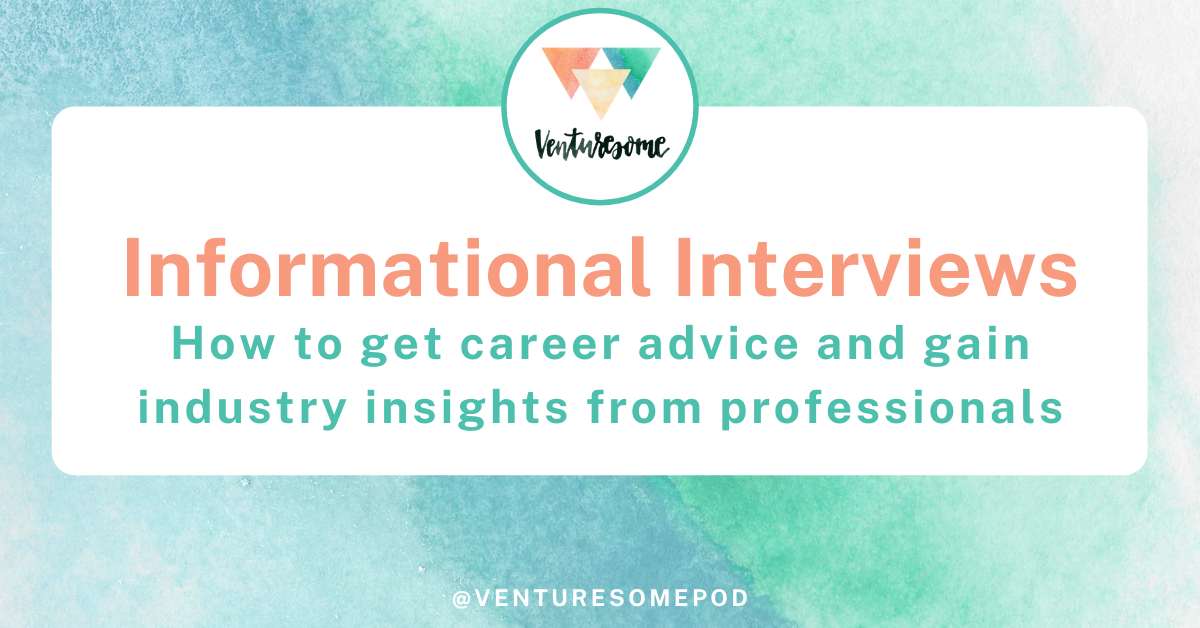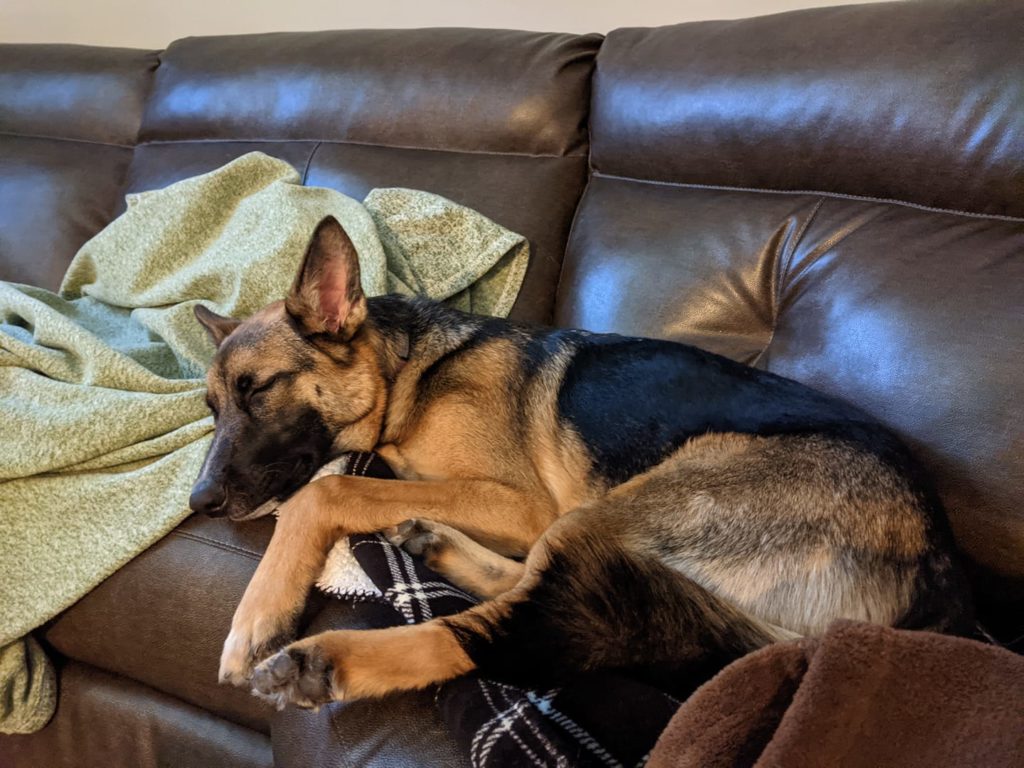
Over the years, I’ve received a lot of requests from students and recent grads for job shadowing. And, I always counteroffer with an informational interview.
Now that we’re entering Month 10 of COVID-19 and the new norm of work-from-home, informational interviews are more important than ever.
Here’s the thing …

There are many moments of my job that are not exciting to watch. I might spend my entire morning responding to emails, proofreading and editing, researching media and pulling clips. My afternoons are often dominated by Zoom meetings and phone calls, as well as writing statements, press releases, social media content and proposals.
Watching me work would likely be incredibly boring for anyone (just ask my dog, Kimber!).
Here’s why you should ask for an informational interview:
An informational interview gives you the opportunity to learn about a professional’s career journey and their day-to-day responsibilities. It gives you the opportunity to learn about industries, workplace cultures and the skills you’ll need to succeed.
Some professionals might only be able to dedicate 15-20 minutes of their time, while others might give the opportunity to pick their brain for a full hour.
Informational interviews are usually most appropriate for students and young professionals. However, if you have an established relationship with a person, you can still reach out for advice. Even 10 years into my career, I still reach out to some of my mentors for career advice and insights (shout out to Anne and Kasey!).
How to ask for an informational interview:
Be sure to personalize your message with a greeting and possibly a bit about how you know the person (“I’ve been reading your blog,” for example).
Here are a few ways to ask for an informational interview within your email message:
- “I’m graduating in 2021 and I wanted to ask you for feedback on my resume and skill development. Do you have time for a phone call or Zoom in the next few weeks?”
- “I recently heard you speak in my class and I’d love to learn more about how you’ve built your career in the healthcare industry. Would you be available for a quick call this week?”
- “We met at a networking event before COVID-19 and I really enjoyed talking to you about public relations. I would love to talk to you to learn more about what it’s like to work in the financial services industry as a PR pro. If you have time, I’d also like to have your feedback on my resume.”
- “I’m really interested in learning more about your professional experience working for General Motors. Would you have an hour available to chat on the phone, Skype or meet in person sometime this month?”
- “It was great running into you today. Could we do a Zoom soon? I have a few career-related questions and I would love your input about how to position myself for a job in the nonprofit industry.”
- “I’ve always wondered what it’s like to work at a PR agency. Would you be willing to talk to me about your experiences and the skills I would need to develop to build a career like yours?”
You’ll notice that I don’t even call out the meeting as an “informational interview.” Instead, I specify what kind of advice I’m seeking.
Be sure to give the person a few general times you have available. For example, you could say, “I’m typically available Monday and Wednesday mornings, as well as Tuesdays and Thursdays after 3 p.m.”
It might take several days for the professional to respond to your request. Follow up after a week has passed if you haven’t heard back. Additionally, don’t assume the professional can meet tomorrow or even that week. Often, people schedule their meetings weeks or sometimes a month or two in advance.
How to prepare for an informational interview:
Arrive to the video/phone call on time with a notepad and several good questions. It might be helpful to review the person’s LinkedIn page beforehand to better understand their personal career journey.
You should allow the conversation to flow naturally, using your questions to ensure there isn’t awkward silence.
Here are a few questions to consider:
- How did you get into this industry?
- What does your day-to-day look like?
- What advice do you have for building a career in this field and/or industry?
- How can entry-level professionals make themselves stand out?
- What skills do you need to thrive in your job?
- What’s the hardest part about your job?
- What do you look for in internship and/or job applications?
- What mistakes do you see jobseekers making when they apply for jobs at your company?
- What do you wish you’d known when you started your career?
- Do you have any other professionals you could connect me to for me to learn more about the industry?
After the informational interview:
Afterward, be sure to send a thank you note. Whether it’s hand-written or an email, it’s important to show gratitude for the professional’s willingness to take time out of their busy day to give you advice and insights about their career.
It’s also important to follow through on any commitments you made. If the person asks you to send them your resume, be sure to send it within a day or two. If they offer to connect you to others, be sure to respond to the introduction as quickly as possible.
I also love it when students and young professionals keep me updated on their journey, emailing me to tell me about how my advice helped them nab an interview or a new job.
